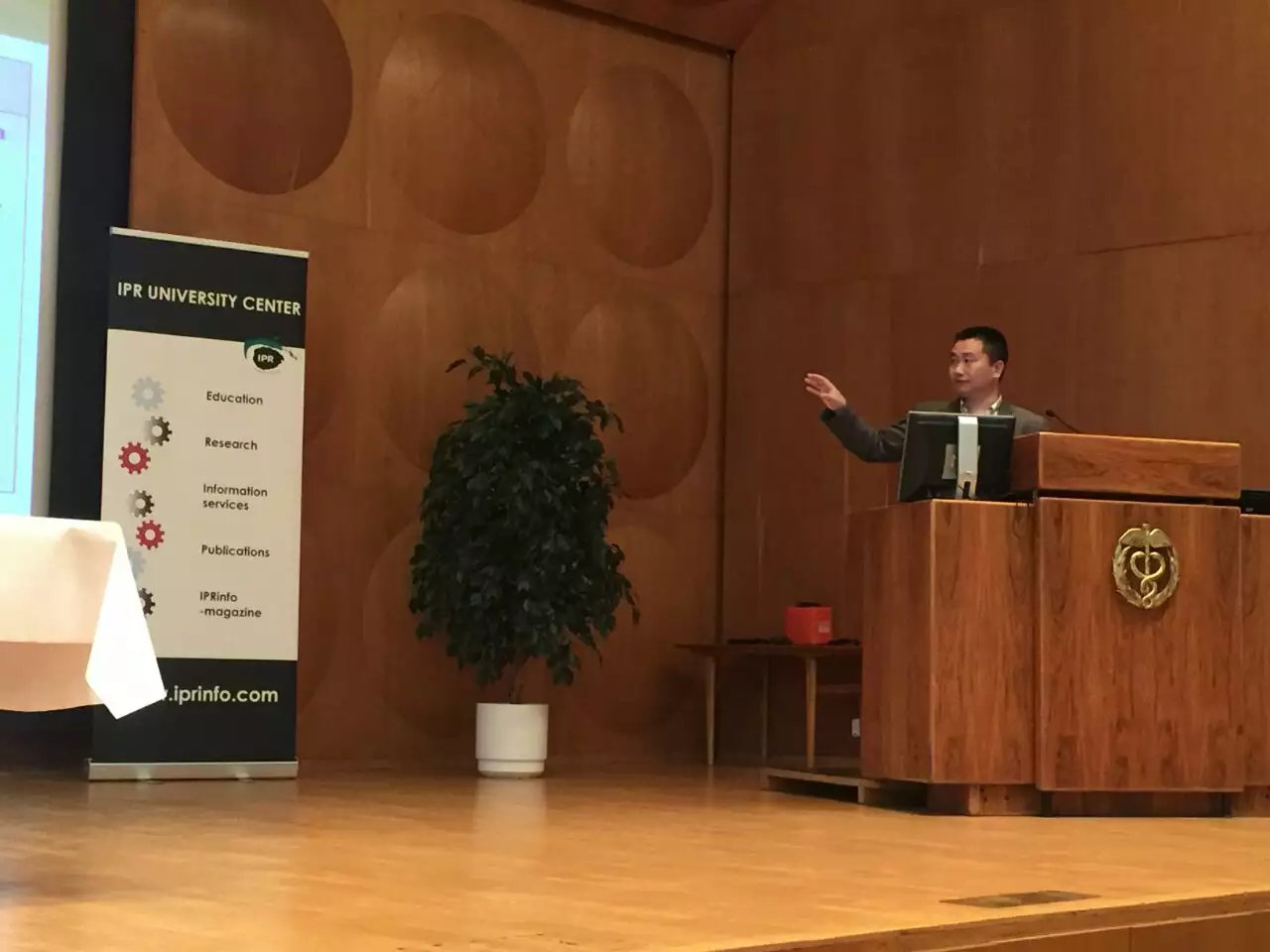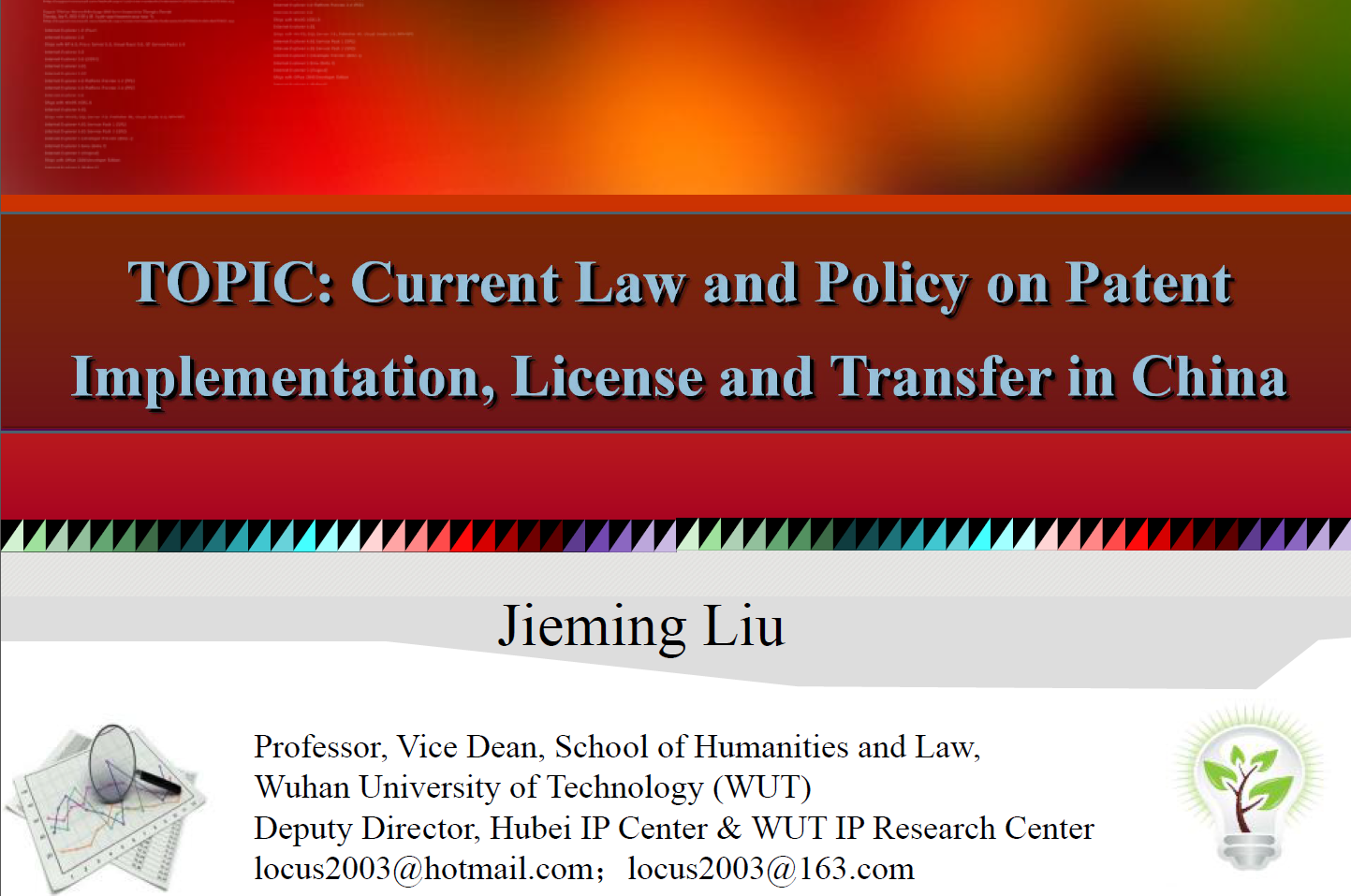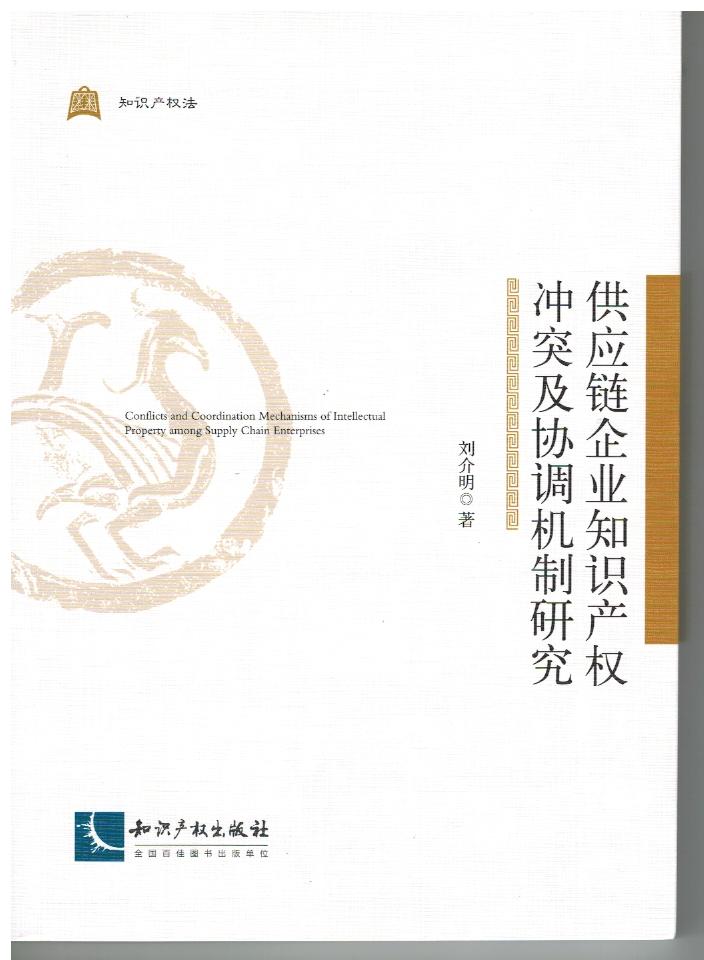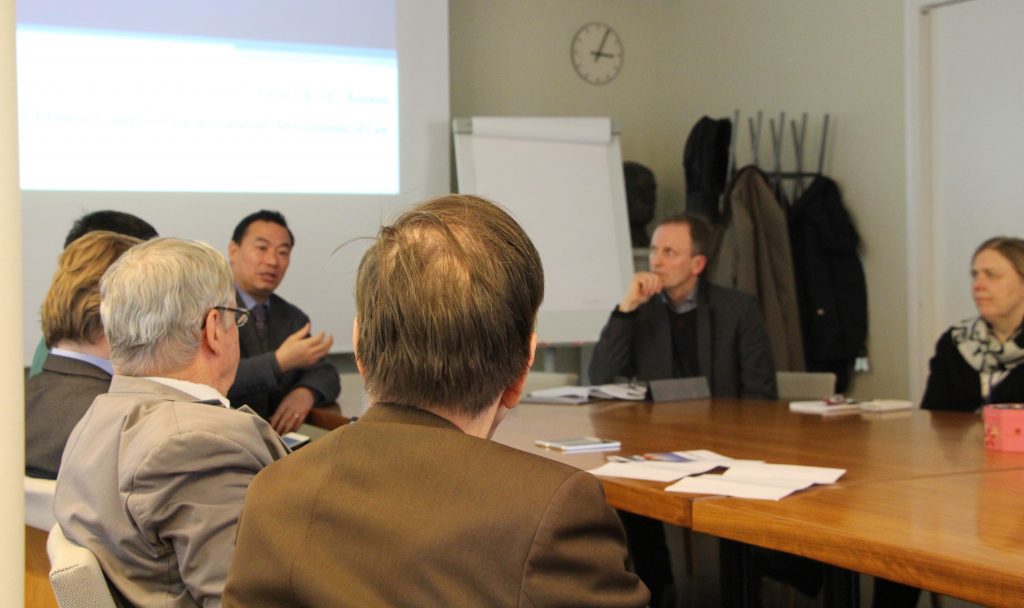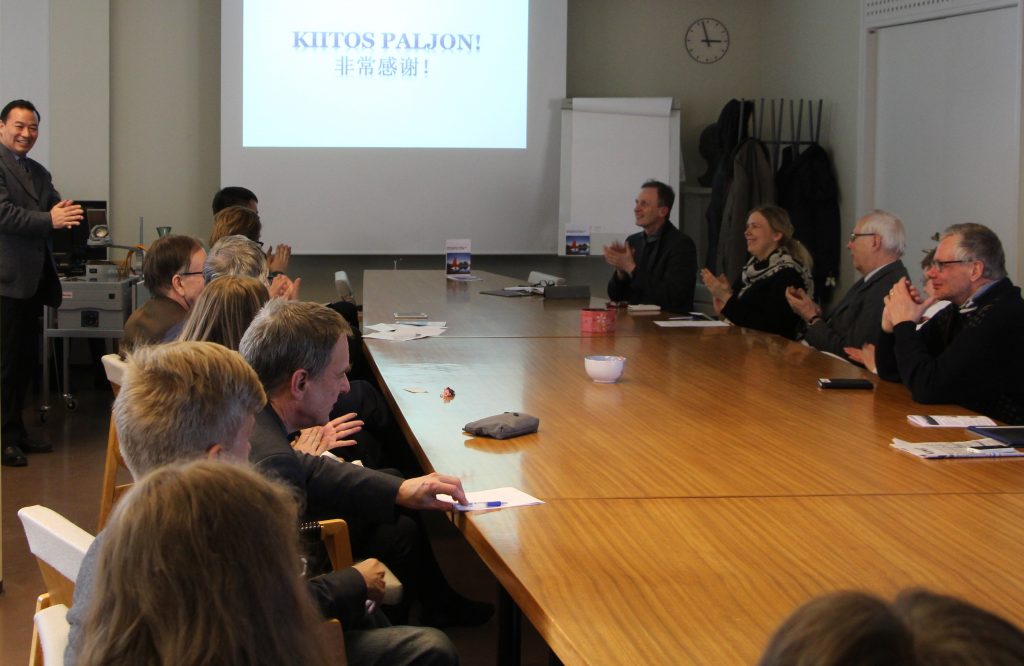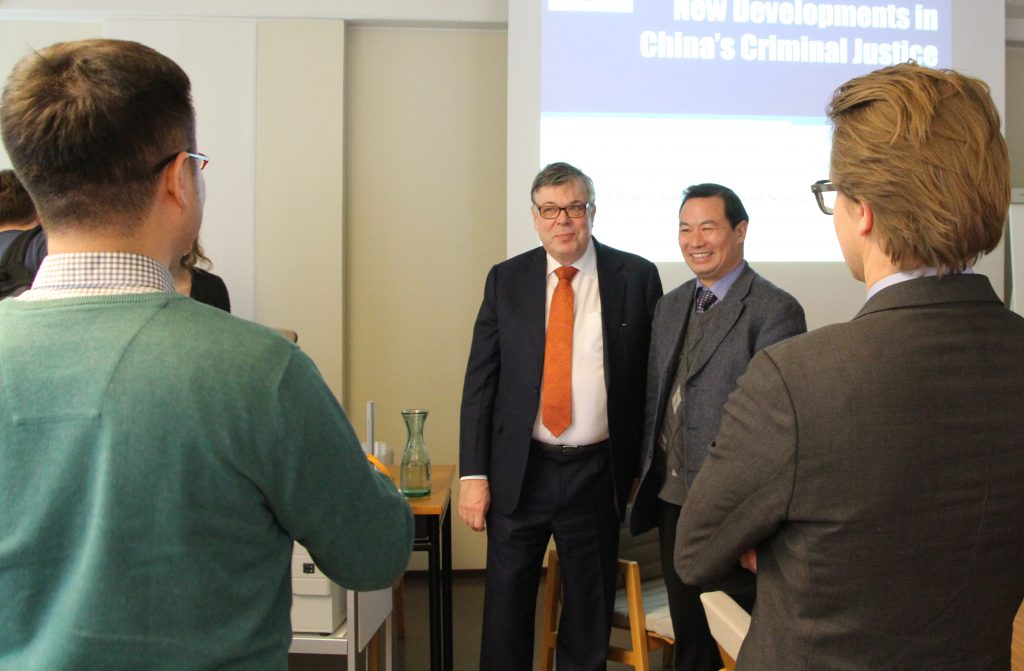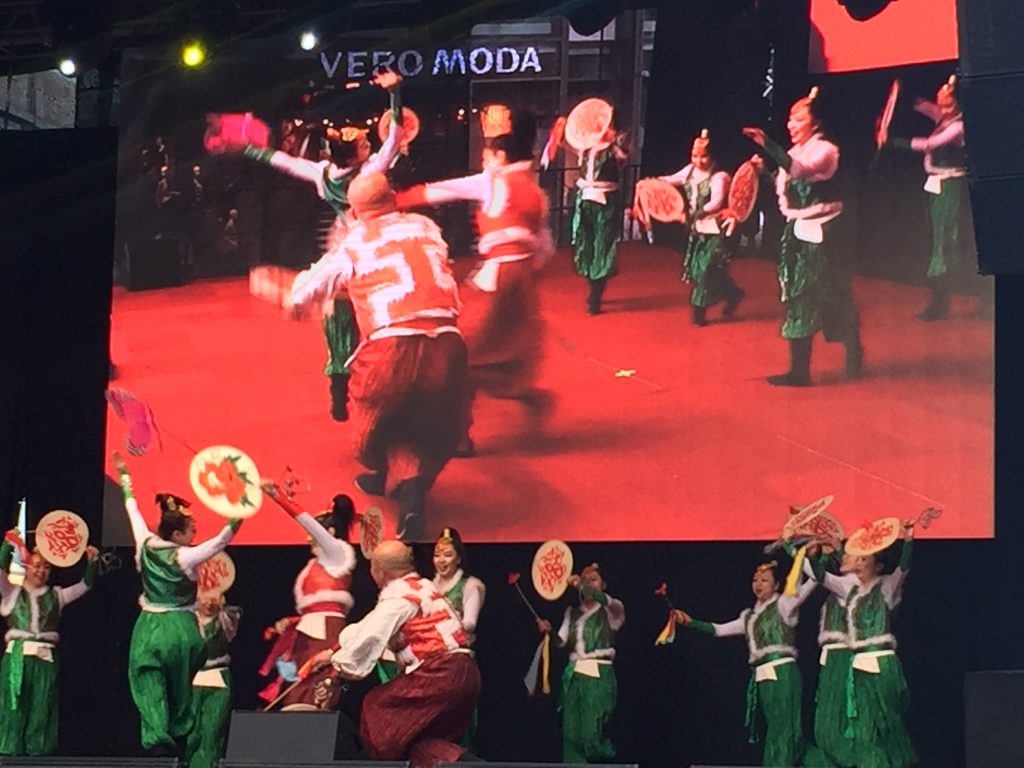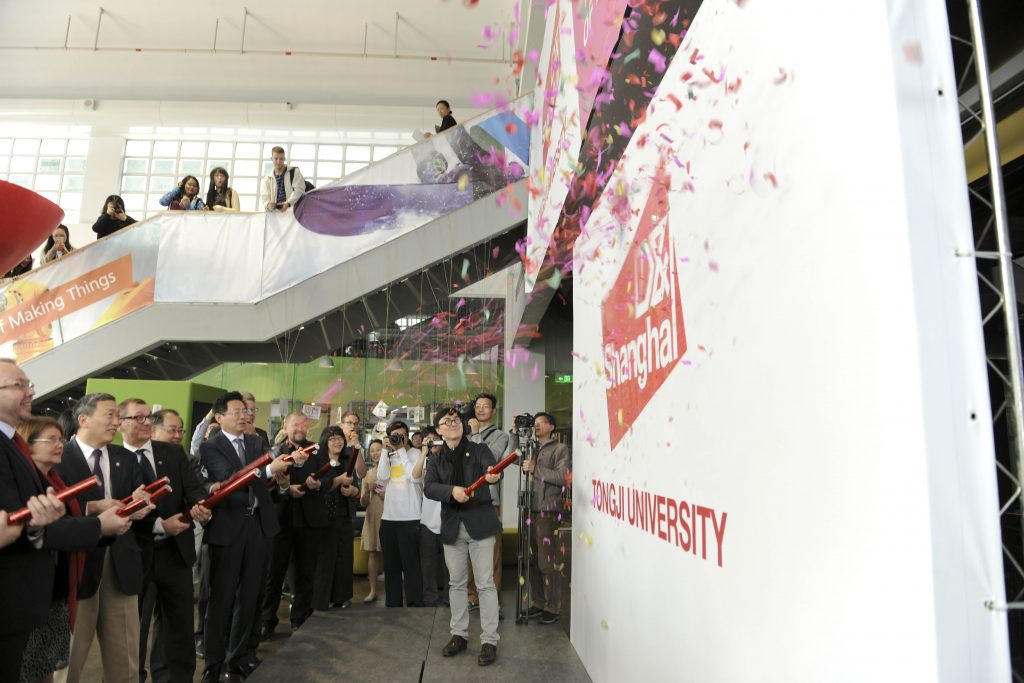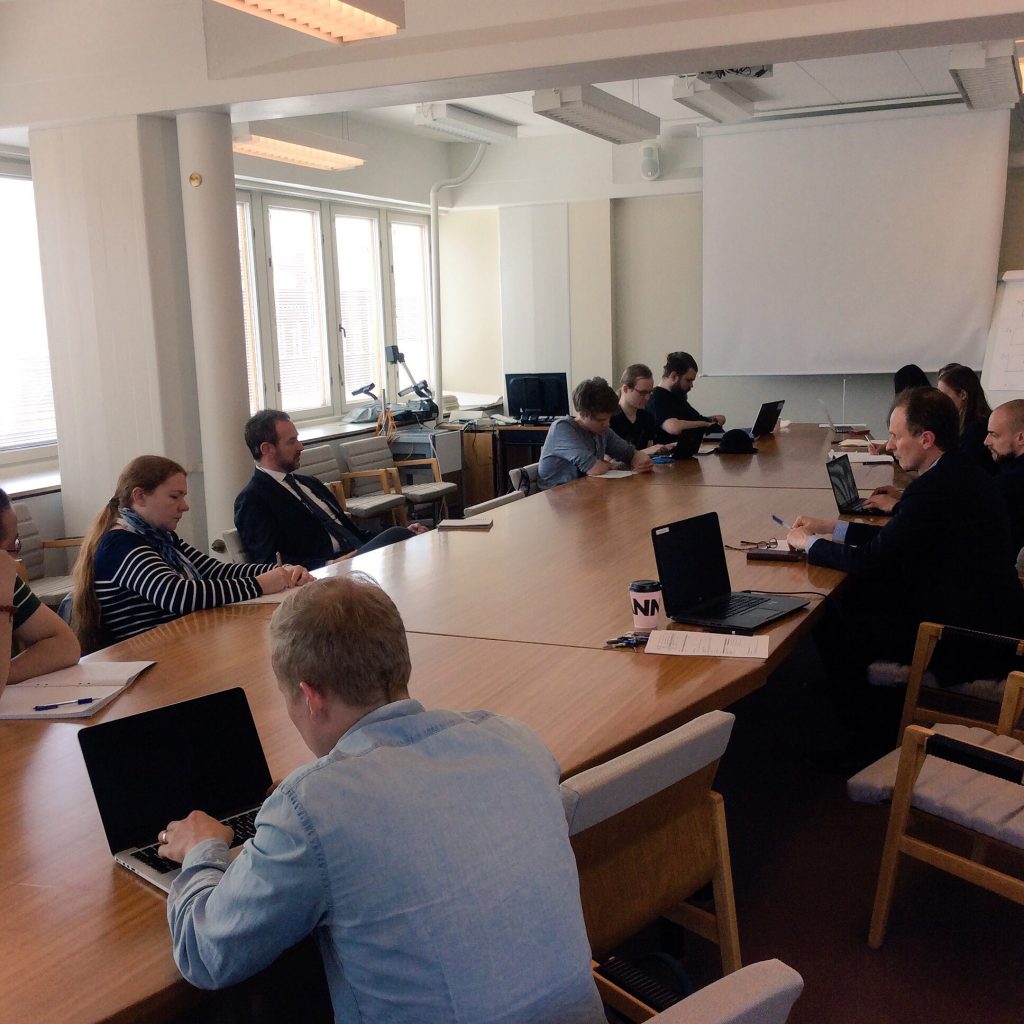The Finnish Center of Chinese Law and Legal Culture, the University of Helsinki and the University of Tampere are proud to announce that the 8th Sino-Finnish Bilateral Seminar on Comparative Law will be held in Helsinki and Tampere on 28-29 August 2017.
The seminar brings together senior academics from China and Finland to discuss current legal issues. It is held once a year and the location alternates between China and Finland.
Day 1 of the seminar will begin with registration between 8:30–9:15 at the University of Helsinki (Hall 1, Metsätalo, Unioninkatu 40, Helsinki).
Day 2 of the seminar will be held in Tampere, and will begin with registration between 9:30–10:00 at the University of Tampere (Arvo Hall F025 (“Yellow Hall”), Arvo Ylpön Katu 34, Tampere). The precise location of the venue can also be found in this Tampere University campus map (‘Arvo-Rakennus, building number 8’).
The full program (pdf) of the event is as follows:
Monday, 28 August 2017
University of Helsinki
Hall 1, Metsätalo, Unioninkatu 40, Helsinki
8:30–9:15 Registration
9:15–9:45 Opening Ceremony
Professor Kimmo Nuotio, Dean of the University of Helsinki Faculty of Law, Chair of the Board of the China Law Center
Professor Li Lin, Director of Institute of Law, CASS
Professor Ulla Liukkunen, University of Helsinki, Director of the China Law Center
9:45–11:30 Session I: Developments in Child Law
Chairs:
Associate Professor Wang Xiaomei, Institute of Law, CASS
Post-Doctoral Researcher Dr. Guilherme Vasconcelos Vilaca, University of Helsinki
Associate Professor Suvianna Hakalehto, University of Eastern Finland: Children’s Rights at School in the Nordic Countries
Professor Xie Zengyi, Institute of Law, CASS: How to Respond to the Two Child Policy – From the Perspective of Labor and Social Security Law
Commentator: University Lecturer Dr. Niina Mäntylä, University of Vaasa
Discussion
11:30–13:00 Lunch
13:00–14:30 Session II: Recent Developments in Transport Law
Chairs:
Professor Xie Zengyi, Institute of Law, CASS
Professor Pia Letto-Vanamo, University of Helsinki
Professor Ellen Eftestöl-Wilhelmsson, University of Helsinki: A Sustainable Transport Industry – the Role of Environmental Information
Associate Professor Li Zhong, Institute of Law, CASS: Recent Developments in Transport Law in China
Commentator: Professor Lena Sisula-Tulokas, University of Helsinki
Discussion
14:30–15:00 Tea and coffee
15:00–16:30 Session III: Public Procurement
Chairs:
Professor Li Honglei, Institute of Law, CASS
Professor Juha Raitio, University of Helsinki
University Lecturer Dr Kristian Siikavirta, University of Vaasa: European and Finnish Public Procurement System and Experience
Associate Professor Wang Xiaomei, Institute of Law, CASS: Empirical Study on Transparency in Public Procurement in China: Institution, Current Situation and Prospects
Commentator: Post-Doctoral Researcher Dr. Zhang Yihong, University of Helsinki
Discussion
16:30 Closing of the first day
Tuesday, 29 August 2017
University of Tampere
Arvo Hall F025 (“Yellow Hall”), Arvo Ylpön Katu 34, Tampere
9:30–10:00 Registration
10:00–10:15 Opening of the second day
Professor Li Lin, Director of Institute of Law, CASS
Professor Antti Lönnqvist, Dean of the Faculty of Management, University of Tampere
10:15–11:30 Session IV: Developments of Environmental Law
Chairs:
Associate Professor Jin Shanming, Institute of Law, CASS
University Lecturer Dr. Matti Urpilainen, University of Tampere
Professor Antti Belinskij, University of Eastern Finland: International Water Conventions and Finnish-Russian Cooperation
Professor Li Honglei, Institute of Law, CASS: Judicial Review of Environmental Impact Assessment Decision-making in China
Commentator: Senior Researcher Dr. Yulia Yamineva, University of Eastern Finland
Discussion
11:30–12:45 Lunch
12:45–14:30 Session V: Environmental Rights in the Constitution
Chairs:
Professor Ida Koivisto, University of Tampere
Associate Professor Li Zhong, Institute of Law, CASS
Adjunct Professor and University Lecturer Jukka Viljanen, University of Tampere: The Environmental Constitutional Right in Finland: Achievements, Problems and Prospects
Associate Professor Jin Shanming, Institute of Law, CASS: The Constitutional Protection of Environmental Right and its Reflections in China
University Teacher Heta Heiskanen, University of Tampere: International Human Rights Obligations Contributing to Finnish Environmental Rights
Commentator: Post-Doctoral Researcher Sanna Kopra, University of Lapland
Discussion
14:30–15:00 Tea and coffee
15:00–16:00 Closing Ceremony
Professor Li Lin, Director of Institute of Law, CASS
Professor Ulla Liukkunen, University of Helsinki, Director of the China Law Center
Adjunct Professor and University Lecturer Jukka Viljanen, University of Tampere
End of seminar.



